Dr. Tran Van Khai - Deputy Secretary of the Party Committee, Deputy Chairman of the National Assembly's Committee on Science , Technology and Environment 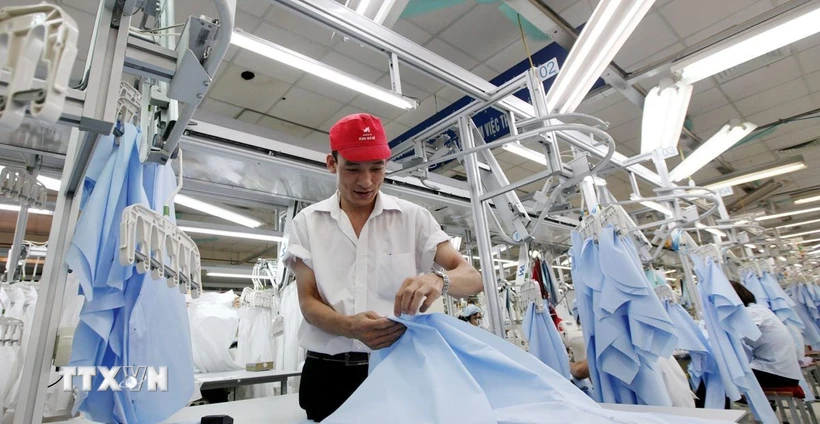
Textile and garment production for export to Europe. (Photo: Do Phuong Anh/VNA)
After nearly 40 years of renovation, Vietnam's private economic sector has become a pillar of the economy, but many inherent "bottlenecks" still hinder this sector from developing to its full potential.
Resolution 68-NQ/TW of the Politburo was issued to unlock those bottlenecks, creating an unprecedented policy launch pad to help the private economy take off strongly in the next 5 years and move steadily. The Party and State are committed to taking drastic, comprehensive and synchronous actions (institutions, resources, technology) with the belief that the private sector can become the leading growth engine of the economy.
General Secretary To Lam emphasized : "The private economy is the most important driving force of the national economy."
First, renewing thinking, unifying perception and action: Resolution 68 affirms that the private economy is the most important driving force of the national economy, no longer a "supplementary component" as before. This viewpoint is consistent with the international trend: in China, the private sector currently contributes about 60% of GDP.
This message is consistent from the central to local levels, completely eliminating all prejudices against the private sector; businesses and entrepreneurs are honored as “peacetime soldiers” on the economic front. The State completely shifts to a creative and serving role, ending arbitrary administrative intervention and strictly handling harassment, thereby strengthening trust between the government and businesses.
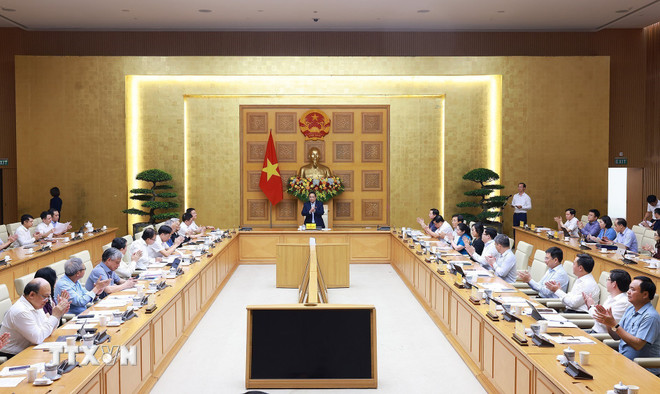
Prime Minister Pham Minh Chinh chairs a meeting with the Policy Advisory Council on Private Economic Development. (Photo: Duong Giang/VNA)
Second, institutional reform, ensuring rights and business environment : The Resolution sets out a comprehensive institutional reform program, which is considered a revolution in the business environment.
The mindset of “if you can’t manage it, ban it” and the “ask-give” mechanism are eliminated. Instead, market principles are promoted: businesses are free to do business in any field that is not prohibited by law, and any restrictions must have a clear legal basis.
The legal system will be transparent, stable, protect property rights and provide fair competition for the private sector.
In particular, by 2025, the procedural time, compliance costs and business conditions will be cut by at least 30%, a breakthrough to “clear the way” for businesses. At the same time, the Government will promote e-government, applying digital technology to make procedures quick and low-cost, eliminating opportunities for corruption.
The business environment has thus become more open than ever. Singapore - the world's leading country in terms of business environment - has strongly attracted private investment thanks to its transparent and stable institutions.
Third, removing obstacles regarding land, capital and human resources : Resolution 68 focuses on resolving inherent difficulties of private enterprises in accessing land, capital and human resources.
The State will build a public, interconnected national land database to help businesses easily look up land funds, shorten the time for land allocation and granting of land use permits. Consider reducing at least 30 % of land rent in the first 5 years for new investment projects, helping to reduce input costs.
Regarding capital, develop startup investment funds, credit guarantee funds and many other mobilization channels to make it easier for businesses to access capital. In addition, implement large-scale training programs to improve the quality of human resources.
Fourth, promote science and technology, innovation and green transformation : The private economy is expected to become the locomotive of national innovation. The resolution emphasizes that this sector must be a pioneer in developing science and technology, innovation and digital transformation.
International reality shows that innovation is closely linked to the private sector: Israel - the "startup nation" - spends more than 5% of GDP on R&D (the highest rate in the world) to promote technology businesses; South Korea spends about 5% of GDP, contributing to the creation of many leading private technology corporations.
The State will issue breakthrough policies to attract businesses to invest in high technology, digital economy, green energy, and provide special tax and land incentives for R&D and innovation projects.
By 2030, Vietnam's technology and innovation level will be among the top three ASEAN countries, with private sector labor productivity increasing by 8.5-9.5% per year. With these policies, a private-led innovation ecosystem will be formed, promoting sustainable growth in the digital age.
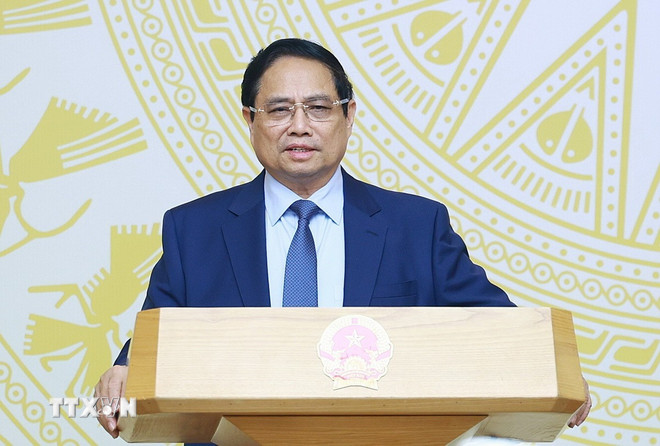
Prime Minister Pham Minh Chinh chairs the second meeting of the Steering Committee for the development of the private economic project. (Photo: Duong Giang/VNA)
Fifth, strengthen the link between the private sector, the state and FDI: Resolution 68 promotes close links between the private economy, the public sector and FDI on the principle of win-win.
The private sector is facilitated to participate in important national projects that were previously implemented by the public sector; public-private partnerships (PPP) are expanded to effectively mobilize social resources for large projects, thereby helping private enterprises mature.
FDI and state-owned enterprises strengthen ties with domestic suppliers, support domestic enterprises to participate deeply in the value chain, receive technology transfer and increase added value.
Sixth, forming international private enterprises: An important goal of Resolution 68 is to develop private enterprises of regional and international stature. By 2030, we aim to have at least 20 private enterprises participating in the global value chain.
To achieve this goal, the State will have specific policies to support leading private enterprises to expand their scale and reach out to the world market (incentives on capital, land, and human resources for strategic projects).
At the same time, promote the building of national brands for Vietnamese products and enterprises, helping private companies promote and penetrate international markets. Thanks to the favorable environment, it is expected that many international-class private enterprises will appear in the future.
These powerful private corporations not only contribute greatly to GDP and the budget, but also lead smaller businesses to develop together, creating positive spillovers in the economy.
Seventh, support small and micro enterprises and business households: Along with nurturing large "locomotives", Resolution 68 pays special attention to supporting small, micro and household businesses - which make up the majority but are still disadvantaged.
Indonesia's experience shows that this is an economic pillar: 64.2 million MSMEs contribute 61% of GDP and create 97% of jobs in Indonesia. Resolution 68 for the first time applies strong policies to promote this sector's transformation. Specifically, abolishing business license fees, exempting corporate income tax for the first 3 years for newly established small and medium enterprises, helping to reduce the burden of start-up costs; at the same time, simplifying business registration procedures, expanding access to capital (micro-credit, start-up funds...) for millions of individual business households to enter the formal sector.
The goal of having 2 million businesses nationwide by 2030 is completely feasible if we can create a strong wave of startups from small businesses thanks to these breakthrough support policies.

Producing export goods at Bao Hung International Joint Stock Company (Tan Minh Industrial Park, Vu Thu District, Thai Binh Province). (Photo: The Duyet/VNA)
Eight, improve business ethics and social responsibility: Resolution 68 also emphasizes building a healthy business culture: businesses enrich themselves honestly, transparently, comply with the law, compete fairly; and resolutely fight against harassment and bribery.
Entrepreneurs are encouraged to promote national spirit, social responsibility and actively participate in the policy-making process.
The above breakthrough solutions are expected to create clear changes in the next 5 years, while laying the foundation for a long-term vision to 2045.
By 2030, strive to have 2 million enterprises (20 enterprises/1,000 people), the private sector grows 10-12%/year, contributes 55-58% of GDP, 35-40% of the budget and creates jobs for 84-85% of the workforce.
By 2045, strive to have at least 3 million enterprises, contributing over 60% of GDP; Vietnam's private sector reaches international competitiveness.
With Resolution 68, the policy “launch pad” is ready - for the first time the private sector is given comprehensive opportunities and resources to grow strongly.
From cognitive innovation to institutional reform, from resource support to technology promotion - all necessary conditions have fully converged to create new development momentum.
If these commitments are vigorously implemented, the goal of making the private economy the main growth driver could become a reality in the next decade.
The “key” is in hand; success depends on the actions of both the political system and the business community. With strong determination for reform, we have grounds to believe in a breakthrough era of the private economy./.
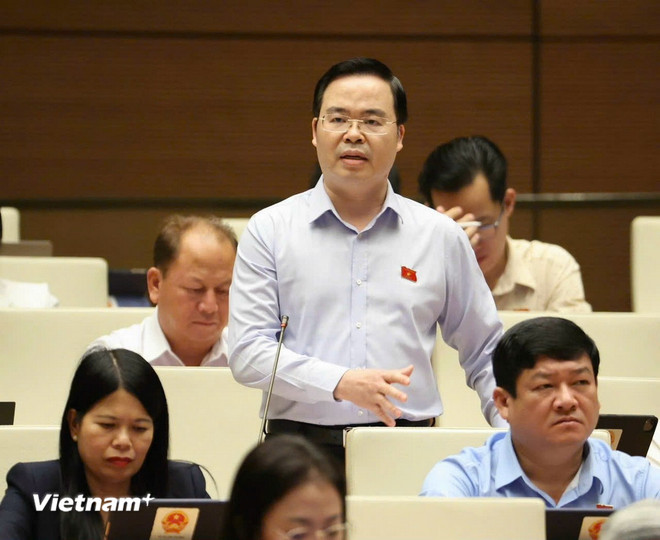
Dr. Tran Van Khai, Deputy Secretary of the Party Committee, Deputy Chairman of the National Assembly's Committee on Science, Technology and Environment. (Source: Vietnam+)
References: (1) VnEconomy (2025). Politburo's Resolution on development of private economy issued; (2) Edward Cunningham (2023). What is the future of China's private sector? – Harvard Kennedy School; (3) Economist Intelligence Unit (2023). Business Environment Rankings – Singapore remains the best; (4) Israel Innovation Authority (2023). Annual Innovation Report – R&D Expenditure; (5) Statista (2022). South Korea – R&D spending (% of GDP); (6) World Economic Forum / KADIN (2022). MSMEs in Indonesia.
(Vietnam News Agency/Vietnam+)
Source: https://www.vietnamplus.vn/mo-khoa-dot-pha-be-phong-moi-cho-kinh-te-tu-nhan-post1038948.vnp


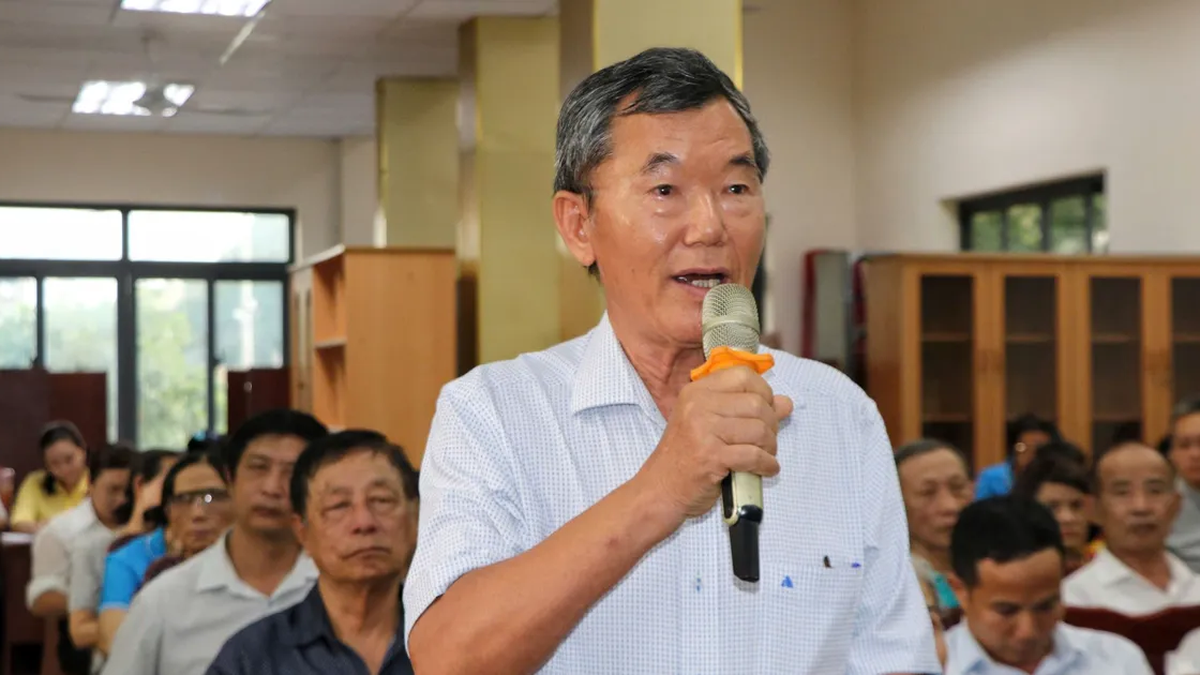
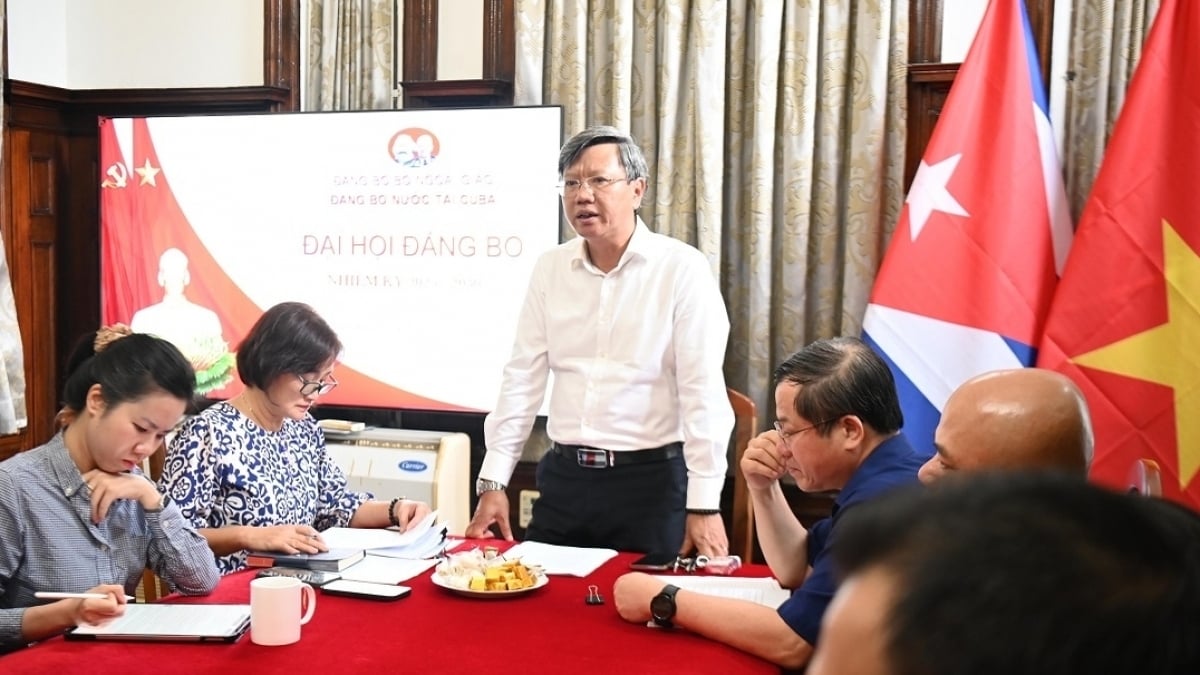
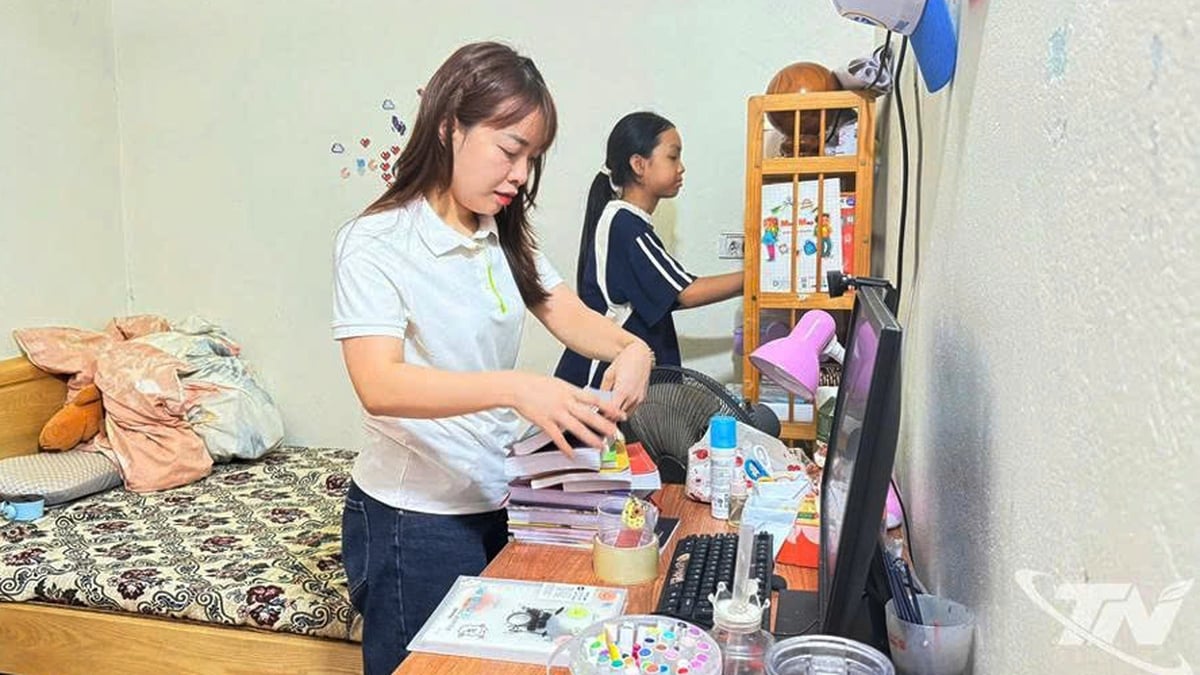

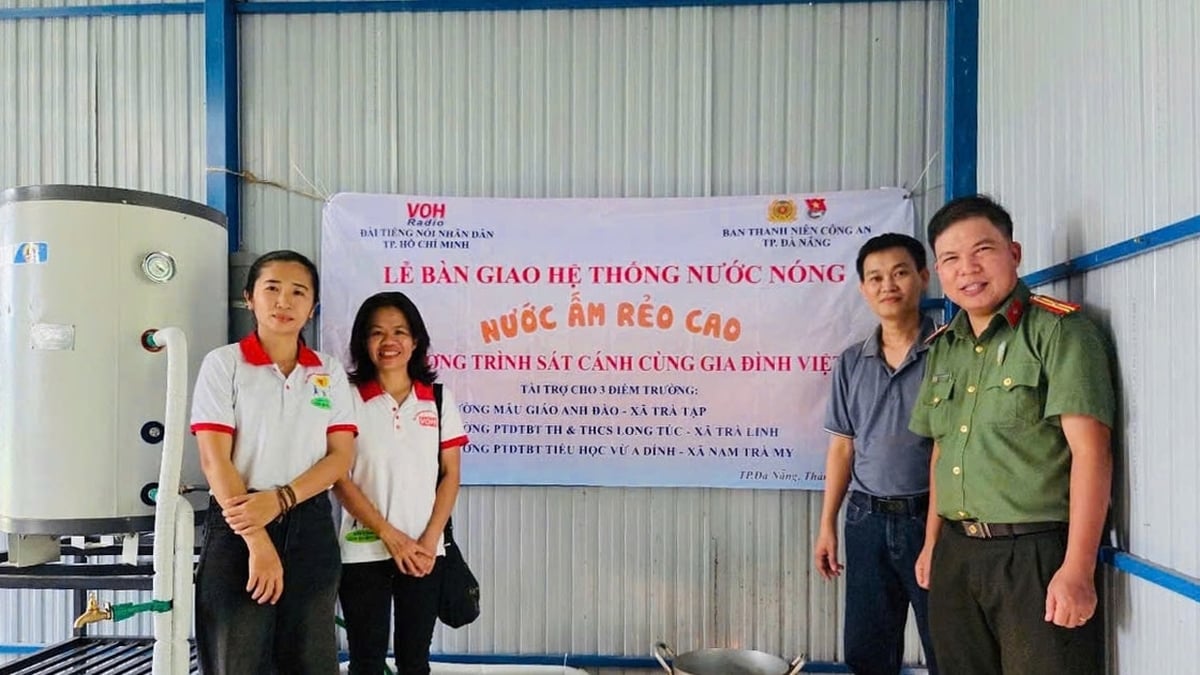

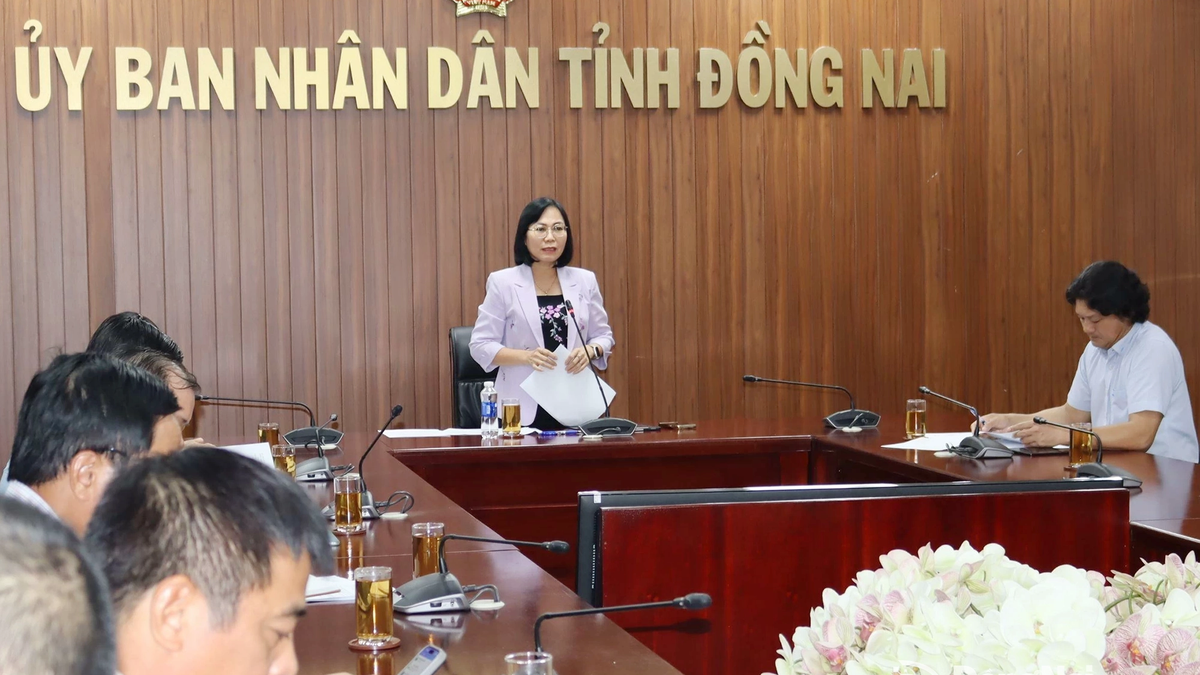












































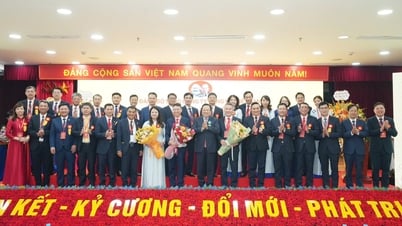









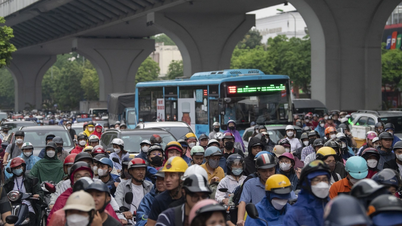
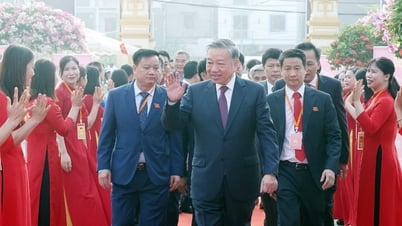


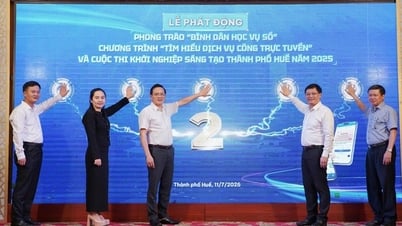
































Comment (0)